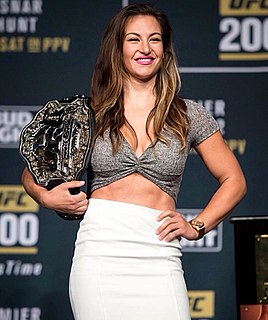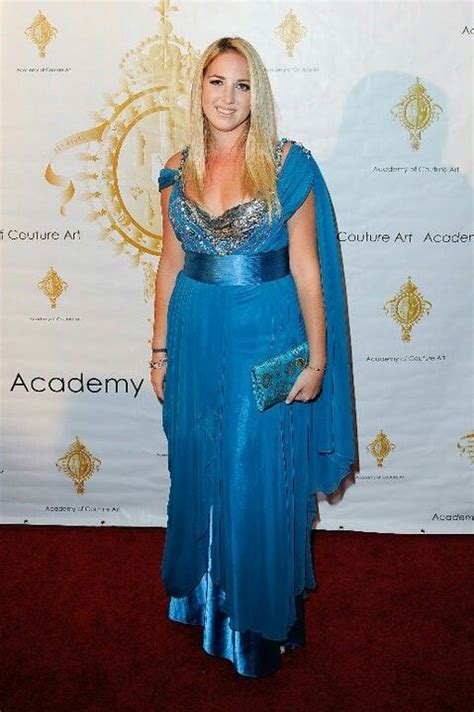A Quote by Susan Faludi
The backlash against women's rights would be just one of several powerful forces creating a harsh and painful climate for women at work. Reagonomics, the recession, and the expansion of a minimum-wage service economy also helped, in no small measure, to slow and even undermine women's momentum in the job market. But the backlash did more than impede women's opportunities for employment, promotions, and better pay. Its spokesmen kept the news of many of these setbacks from women. Not only did the backlash do grievous damage to working women C it did on the sly.
Quote Topics
Against
Also
Backlash
Better
Climate
Creating
Damage
Did
Economy
Employment
Even
Expansion
Forces
Harsh
Helped
Job
Just
Just One
Kept
Many
Market
Measure
Minimum
Momentum
More
News
Only
Opportunities
Painful
Pay
Powerful
Powerful Force
Recession
Rights
Service
Setbacks
Several
Slow
Sly
Small
Than
Undermine
Wage
Women
Women's Rights
Work
Working
Working Women
Would
Would Be
Related Quotes
the last decade has seen a powerful counterassault on women's rights, a backlash, an attempt to retract the handful of small and hard-won victories that the feminist movement did manage to win for women. This counterassault is largely insidious: in a kind of pop-culture version of the Big Lie, it stands the truth boldly on its head and proclaims that the very steps that have elevated women's position have actually led to their downfall.
In my first 100 days, I'll work with both parties to make the biggest investment in good-paying jobs in decades. We'll also raise the minimum wage - a big deal for the nearly two-thirds of minimum-wageworkers who are women. And we'll give women the tools they need to fight for equal pay. This isn't just a "women's issue"? - it's an issue every American should care about, no matter their gender.
I've been fighting for nine years and in the beginning there was a lot of backlash and non-supporters of women fighters. We could never find many women fighters and when we did sometimes we were put on the card for the wrong reasons. It was frustrating. When I'd go train in gyms, it seemed like the guys at the gym were skeptical and didn't think I was as serious as they were because I was a woman, but today things are different.
It occurred to me that there have always been selkie women: women who did not seem to belong to this world, because they did not fit into prevailing notions of what women were supposed to be. And if you did not fit into those notions, in some sense you weren't a woman. Weren't even quite human. The magical animal woman is, or can be, a metaphor for those sorts of women.
Many ideas have been transformed by adding one crucial adjective-women's bank, women's music, women's studies, women's caucus. That adjective did more than change a phrase. It implied a lot of new content: child care, flexible work hours, new standards of creditworthiness, new symbolism, new lyrics.



































